Is That All You Are?
If you’ve ever seen my presentation on loyalty, you know I don’t start with research. I start with myself.
Personal history, family quirks, professional detours, minor disasters, and a few accomplishments I probably didn’t deserve. It comes out fast, like a highlight reel playing at double speed, with no time to explain what any of it means. Some parts are funny. Some are uncomfortable. And none of it sounds like the way a keynote is supposed to begin.
That’s intentional.
I take the same approach on the About page of my website.Alongside the polished bio, there’s a collection of photos capturing the places I’ve been, the things I’ve loved, and the people I’ve been mildly obsessed with over the years. (Yes, I’m talking about you, Lynda Carter, Wonder Woman, 1975–79.)
And now and then, I do the same thing here, sharing parts of my story in these essays. Not because I think my life is unusually fascinating, but because if I don’t give you something real to work with, your brain will fill in the blanks.
That’s not a flaw. It’s how the brain operates. It’s built to spot patterns and conserve energy. It doesn’t wait to understand people fully—it makes quick judgments. When things get complicated, it looks for shortcuts. And once it finds one, it treats that shortcut as the whole story.
Unless you interrupt it.
Unless you give it something more.
This isn’t about a lack of empathy or interest. It’s simply how the brain works. Our ancestors didn’t have the luxury of getting to know every stranger they met on the savannah. They had to decide quickly—are you a friend or a threat? Safe to approach or better to avoid?
That instinct helped them survive. And even though the world has changed, the reflex is still with us. It continues to shape many of the quick judgments we make about people, groups, and communities.
The difference now is that we’re not just influenced by it. We’re taking part in it. Every time we reduce someone to a single label or define ourselves by just one thing, we make that old reflex even stronger.
Social platforms reward simplicity. Influencer culture demands a niche. Personal brands favor consistency over nuance. Even organizations—companies, nonprofits, entire institutions—start to define themselves by a single value, a single issue, a single message.
We simplify ourselves for speed, for likes, for clarity. But in doing so, we become flat. Predictable. Easier to consume, and easier to dismiss.
In recent years, I’ve watched politics consume the personal, where what (or who) you represent matters more than who you are. Expensive homes have turned into billboards, their facades draped in slogans and banners, as if the people inside no longer mattered. Only the statement they were making did. Trucks now serve as rolling manifestos, every inch covered in messages meant to declare, provoke, or divide. Hats, T-shirts, flags, and social media posts repeat the same lines, over and over, until it’s hard to tell where the person ends and the ideology begins.
I’ve seen professionals define their entire careers by a single belief or role—“the disruption guy,” “the diversity woman,” “the AI whisperer,” “the empathy expert”—until every post, every panel, every podcast appearance is just a slight variation of the same sentence.
And I’ve come across others who only share content within the narrow confines of their expertise. Nothing about their broader knowledge of their profession, their firm, or even the human lessons they’ve learned along the way. Just endless repetitions of what they already know, presented as if that were all they are.
Organizations often fall into the same trap. Institutions with vast histories and complex missions now speak in a single tone, a single color palette, a single word repeated until it sounds more like branding than belief. Not because that’s the full extent of what they offer, but because that’s all they think the market will notice.
And so I keep coming back to the same question:
Is that all you are?
Because once you present yourself or your company as just one thing, that’s all anyone’s brain will remember. And no enduring relationship—whether personal, professional, or collective—can be built on a single-note identity.
People don’t stay because they recognize you. They stay because they recognize themselves in you.
If you want that kind of connection—with someone walking with you, standing beside you, or supporting what you believe—you can’t let their brain settle for the easiest version of you. You have to show them more. Invite them past the headline. Give them something they can actually hold on to.
This is why I start with identity.
Why I tell stories.
Why I share more than people expect.
Not to be seen more clearly, but to be understood more fully.
Because in a world that constantly demands we define ourselves, declare ourselves, market ourselves, the most radical (and human) thing we can do is refuse to be reduced.
We are not categories.
We are not content.
We are not just one thing.
